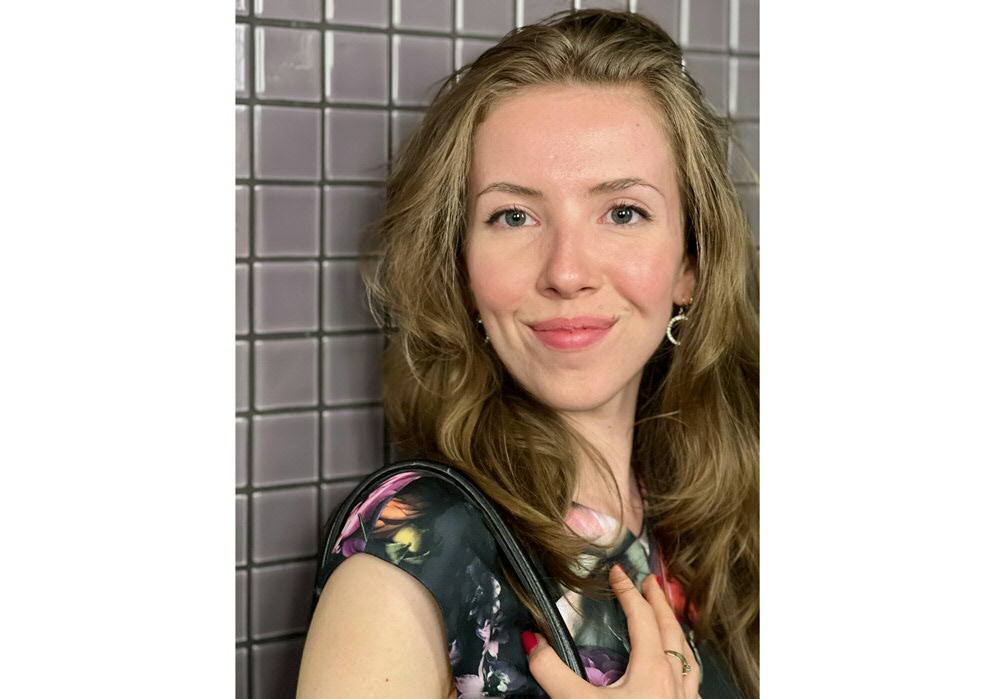
The Master's track History of Architecture and Urbanism explores the evolution of cities, villages, and landscape design in Europe within the continuously changing global environment.
Cities, neighbourhoods, buildings,
parks, and cultural landscapes define the setting of our everyday
life. No other human-made artifacts document the evolution of
social relations, economic trends, technological innovations,
philosophical views on humans and nature, politics, society, and
culture more eloquently than architecture and urbanism. Our built
heritage connects us to our past and helps us to position ourselves
in the world around us. It helps us envision our future. Moreover,
the impact of cities and buildings on health is self-evident
– urban planners gave us our water management systems, and
architects designed functional public housing and healthcare
buildings. They are fascinating works of architecture that impact
people’s mental and physical health, happiness, and
well-being.
This Master's track provides students
with a rich and varied introduction to the history and theory of
architecture and urban planning, cultural heritage, and healthy
cities. It offers our students a progressive approach to
architectural and urban history and theory, fit for our
transforming times. Some of the courses we offer are affiliated
with the Expertise Center Architecture, Urbanism and Health and
give those interested in the health impacts of the built
environment opportunities to explore these impacts from the
perspective of architectural and urban design. Our master's degree
allows students to specialize in architectural history and theory,
cultural heritage, the health impacts of architecture and urbanism,
or their complex links and connections. All of our graduates find
attractive employment in their field immediately after the
completion of the degree.


Are you interested in a research oriented career? Please also check our Research Master's Programme of Arts & Culture.